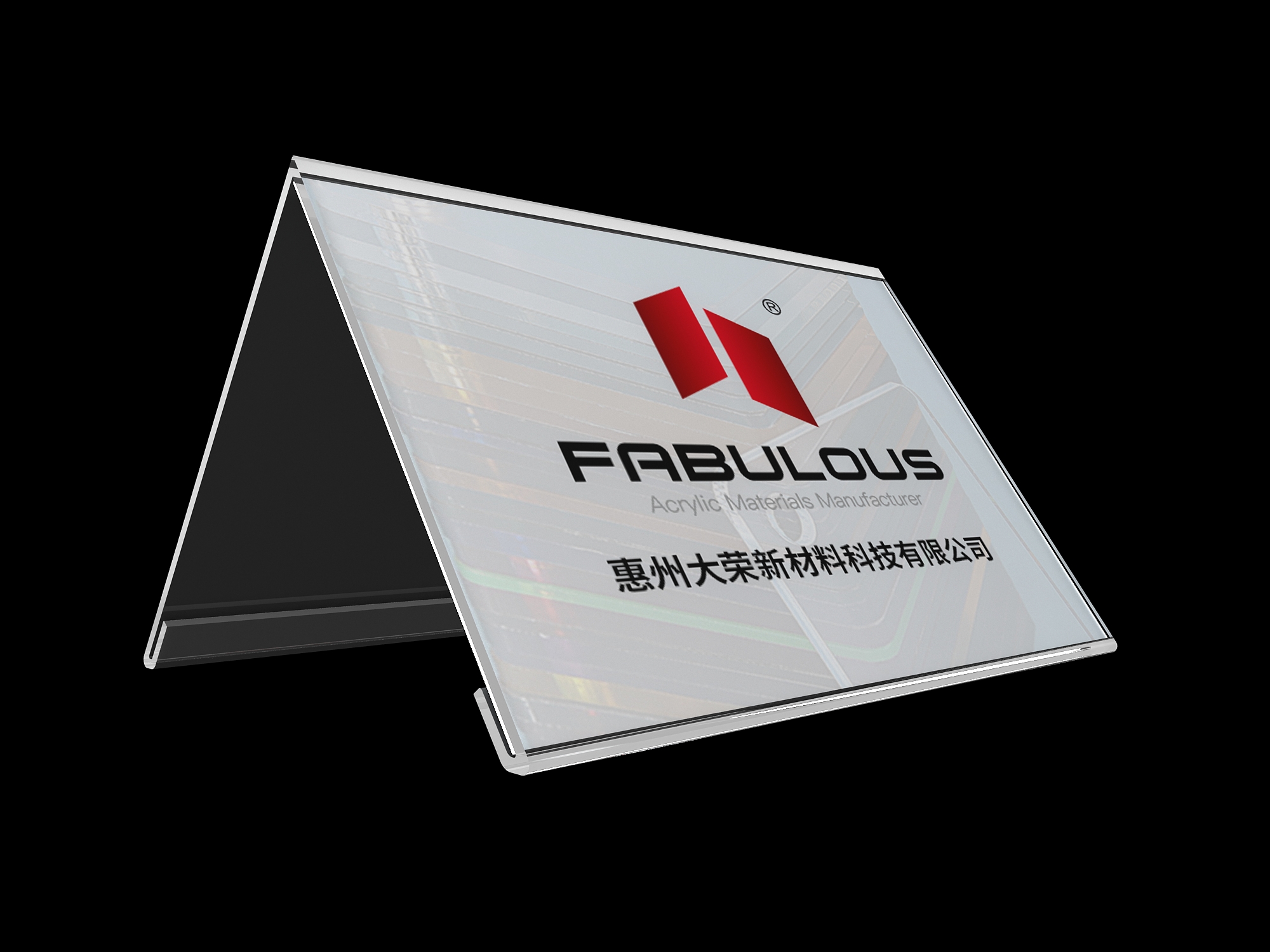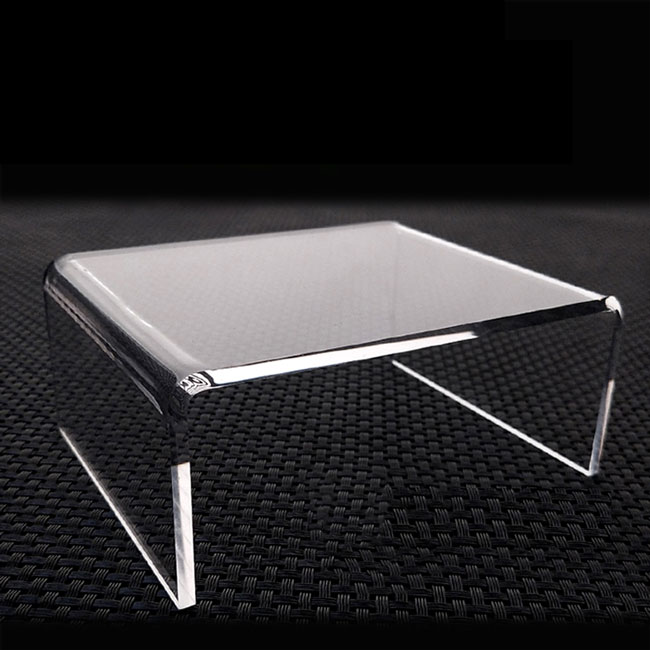PMMA
-

Seamless hot pressing technology for Acrylic
Seamless hot pressing technology for Acrylic Acrylic plays a very important role in today’s society, is widely used in the military, medicine, engineering, decoration, scientific research, business and other fields played a role that can not be ignored. Latest acrylic crystal craft without ...Read more -
![[About materials] — Acrylic](//cdn.globalso.com/mirroracrylic/微信图片_20220605172905.png)
[About materials] — Acrylic
[About materials] — Acrylic SWAROVSKI’s crystal stone has been recognized around the world as a high quality, dazzling and highly accurate incarnation, ACRYLIC is also known as “plastic crystal”, ACRYLIC is a common name specially processed plexiglass, excellent weather r...Read more -

Acrylic Sheet and Plexiglass
Acrylic Sheet and Plexiglass "Plexiglass" comes from Organic Glass. In recent years in some areas will be made of all transparent plastic plate collectively known as plexiglass, in fact, this is wrong, acrylic is specifically refers to pure poly m...Read more -
01.jpg)
What Are The Characteristics of Acrylic Panels
What Are The Characteristics of Acrylic Panels Acrylic plate has excellent weather resistance, acid resistance, alkali resistance. Especially suitable for outdoor applications, the crown of other plastics, and both good surface hardness and gloss,...Read more -
Acrylic resins are classified by production method
1. Emulsion polymerization: It is obtained by reacting a monomer, an initiator and distilled water together. Generally, the resin is a 50% solid emulsion, and is a latex solution containing about 50% water. The synthesized emulsions are generally milky white bluish (Dingdal phenomenon), and the g...Read more -
Characteristics of methyl methacrylate copolymer
(1) Copolymer of methyl methacrylate and styrene: 372 resin, mainly methyl methacrylate monomer. When the content of styrene monomer is small, the performance of the copolymer is closer to PMMA and purer than PMMA. There is some improvement in performance, called styrene-modified polymethyl metha...Read more -
Market status of acrylic resin
Over the years, China’s acrylic resin industry has developed rapidly, and its output has continued to expand. The national industrial policy encourages the acrylic resin industry to develop toward high-tech products, and domestic enterprises’ investment in new investment projects is g...Read more -
The concept and characteristics of acrylic resin
Acrylic resin is a generic term for polymers of acrylic acid, methacrylic acid and derivatives thereof. The acrylic resin coating is a thermoplastic or thermosetting resin coating made of an acrylic resin obtained by copolymerizing (meth) acrylate or styrene with other acrylates, or an acrylic ra...Read more -
Introduction of thermoplastic acrylic resin
Thermoplastic Acrylic Resins are a class of thermoplastic resins made by polymerizing acrylic acid, methacrylic acid and derivatives thereof such as esters, nitriles, and amides. It can be repeatedly softened by heat and solidified by cooling. Generally, it is a linear polymer compound, which may...Read more -
Material characteristics and application of propylene plastics
Polymethyl methacrylate, referred to as PMMA, commonly known as plexiglass, also known as acrylic. It has the characteristics of hard, non-breakable, highly transparent, weather resistant, easy to dye and form, and has become a widely used transparent plastic material. Plexiglass is the finest tr...Read more



![[About materials] — Acrylic](http://cdn.globalso.com/mirroracrylic/微信图片_20220605172905.png)

01.jpg)